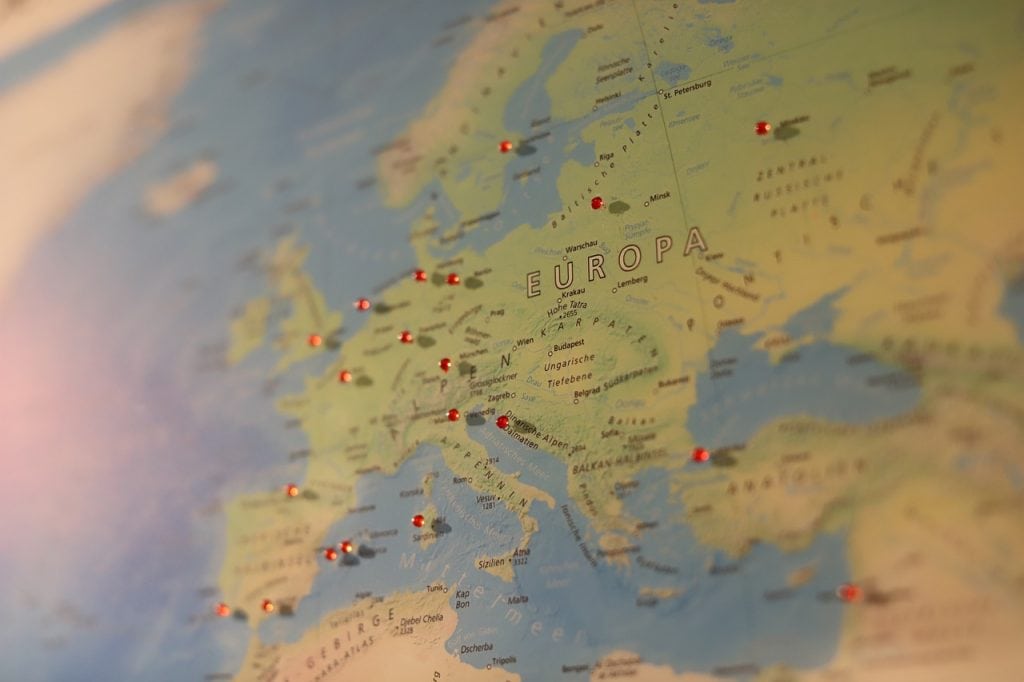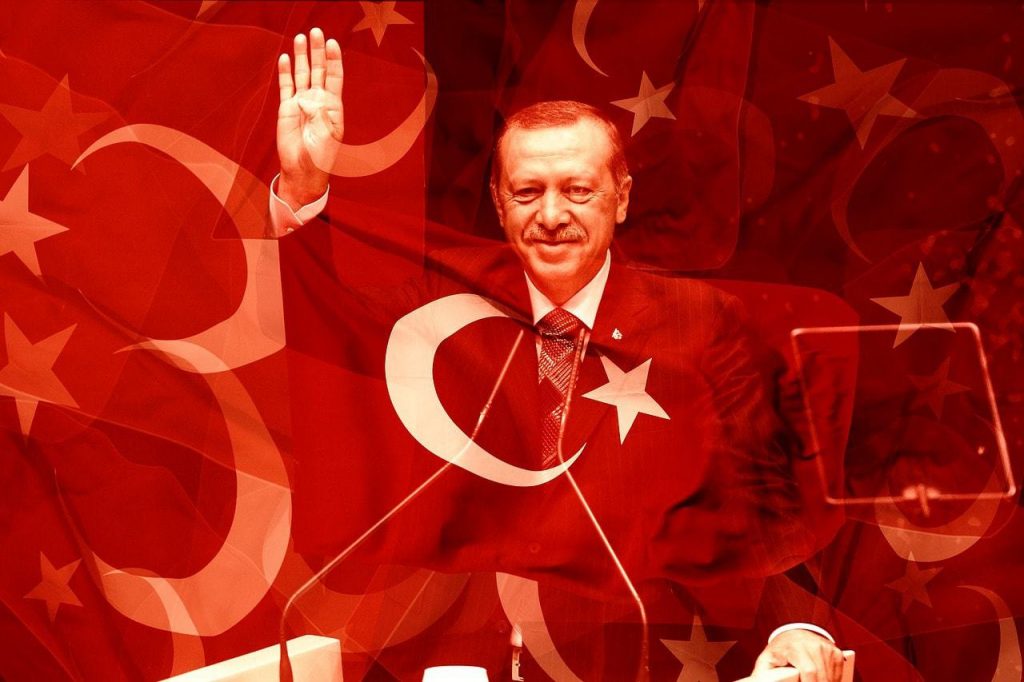Israeli experts see high risk of terror in Europe, potential for growing cooperation between lone wolf radicals and global jihad groups.

Recent attacks in France and Austria threaten to escalate into a wave of terror in Europe, a team of Israeli analysts warns. The terrorism experts are particularly concerned about the efforts of ISIS and Al-Qaeda to capitalize on the radical sentiments of European Islamists.
The latest surge in violence following the publication of Muhammad cartoons highlights the sharp divide between radical Islam and European liberalism, says a study by the International Institute for Counter Terrorism (ICT).
The recent string of attacks will likely encourage more perpetrators to act, the report warns. Muslim extremists and their allies have no qualms about promoting or using violence whenever they feel that someone offends Islam, the researchers say.
The study points to the danger of more lone wolf attacks but notes that the nature of these solo acts is changing. Investigations into the recent uptick of terror in Europe revealed that attackers hardly acted alone, the experts say. In nearly every case, terrorists operated within a circle of supporters who knew about or helped execute the attacks.
Global jihad amplifies threat
Moreover, global jihad groups are closely watching the events in Europe and working to leverage them to carry out more attacks, the analysis says. Alarmingly, the latest violence creates a contest between Al-Qaeda and ISIS, thereby increasing the risk of escalating attacks, the expert team warns.
The study notes that both groups encouraged violence against France. Such calls included specific instruction on using explosives and carrying out car-ramming attacks, stabbings, and arson. Global jihadists are also exploiting the publicity to recruit and influence more followers.
The Israeli researchers warn that growing collaboration between radical individuals and global terror groups could carry grave consequences. Such joint efforts could produce mass casualty attacks as extremists get access to high-powered weapons and better training, the report says.
The Turkish factor
The study also points to the dangerous role played by Turkey in fanning the flames of hatred and radicalism.
The terror experts highlighted remarks by President Erdogan’s chief propagandist, who stated that European Muslims “will not turn the other cheek” when insulted and will defend themselves “at all costs.”

The inflammatory Turkish rhetoric not only creates a rift between Muslims and non-Muslims, but also provides radicals with further ammunition to pursue their cause, the analysts say.
Europe needs new answers
Overall, the latest events signal that global jihadists are still committed to striking in Europe, the study says. Groups like ISIS and Al-Qaeda invest great efforts to plot attacks, and could exploit emotional issues like the Muhammad cartoons to activate sleeper cells that are already in place.
The researchers also emphasize Europe’s failure to curb Islamic radicalism, and point to the negative effect of multiculturalism. While the policy aimed to integrate ethnic minorities, in practice it shielded a non-liberal value system and allowed it to thrive, the report says.
In conclusion, the study says that a new approach is needed to counter the mounting threat of terror in Europe. Given the poor results of past efforts, European leaders must come up with better ways to fight radicals on their home turf, the expert team says.
The analysis was composed by ICT’s director or research Dr. Eitan Azani, his deputy Lorena Atiyas-Lvovsky, and senior researchers Dr. Ely Karmon and Dr. Michael Barak.


